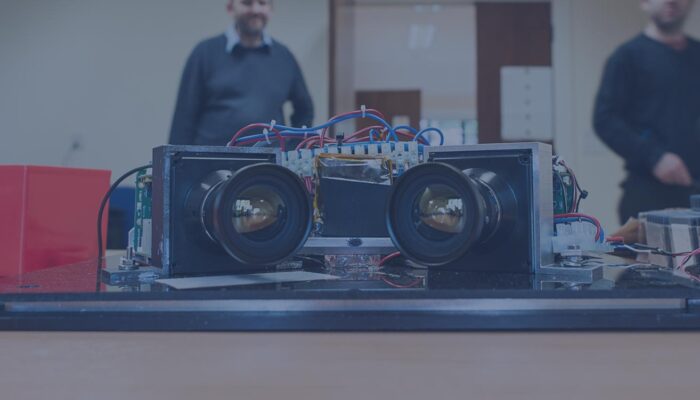Do you Subcontract out your expertise to help others improve their offering? You do. What do you get back for that?

Think of the BBC’s MasterChef.
Cooking is big business and assisting market innovators to achieve better results can bring tangible rewards.
Dozens of skilled chefs, restauranteurs, food critics and some ex-contestants; all deemed to possess enhanced knowledge of the subject of fine dining, are contracted temporarily to the BBC for each season of MasterChef. These experts pool their knowledge together to help develop new talent, with amateur cooks emerging from the process better equipped to deliver a consistently high quality product, tailored to best address the tastes and needs of today’s marketplace.
Last year the hot new development was cooking fish in a water bath; this year its decorating the plate with sauce splashed like raindrops around the fish, meat or veg. It all gets tested, on Messrs Torode and Wallace and on a variety of other unsuspecting guinea pigs nationwide. The testing is a crucial part of the development process.
Our basic need: to eat, never changed, but the raw ingredients get tried and tested in new combinations, (marmalade on fish), and the delivery of the food on the plate demands new approaches. Slowly but surely, the best of the contestants adapt and improve; engineering their dishes to perfection through research and development; determined to deliver a better meal, quite literally, for today’s consumers.
What do the experts get in return? They obtain extra credit for their contribution, whether that be via an increase in clientele, further media opportunities or an enhanced reputation in the industry; all of which, supported by the provision of a cash injection, enable them to further progress their own careers or grow their own businesses.
Subcontracted Research and Development work in the Technology Sector may attract an R&D Expenditure Credit (RDEC.)
When considering sub contracted work, a parallel can be drawn in business terms when we look at small scale specialist companies in the technology sector, providing their expertise to larger businesses and developing new processes to modernise, streamline and improve their clients offering to the public.
There are many different categories of application that HMRC have established that pertain to different types of R&D Tax Relief. To define subcontracted work, where it may be possible to submit an application for Tax Relief under RDEC, online guidance from HMRC specifies the following*:
“Where one company engages another company to carry out R&D activity on the first company’s behalf in exchange for payment, with the first company having rights to the intellectual property resulting from the R&D then that is subcontracting of the R&D to the second company.”
It is the smaller company’s expertise that the larger client is tapping in to and, not infrequently, economies of scale, close knit collaborative working and the high quality thinking, that are the hallmarks of many UK SME’s, encourage larger players to ask those experts to pitch in and find the best solutions for the challenges of the 21st Century.
A Masterclass from the Master Chefs of the Technology Kitchen
Cooden Tax Consulting has recently assisted just such a business to make an application under RDEC, following work carried out in the financial sector to update online processes to help larger financial institutions comply with regulatory demands in areas such as Anti-Money Laundering (AML), Know Your Client (KYC) and Customer Due Diligence (CDD).
Banks can find themselves receiving hefty fines if they fail to adequately identify their clients and those client’s sources of income. In today’s market of course, that needs to be done in a timely fashion and can sometimes involve both the migration of data from older records and/ or the amalgamation of a bank’s current internet platforms with more efficient technology, better attuned to cope with the regulatory demands of the new age.
Researching the best way to do that and developing the most efficient solutions is what ICON do. They are the specialist chefs helping the banks to deliver five star menus and a first class service.
A brief resume of the work undertaken: ICON developed an online process with, importantly, a global application, to assist one of its clients who had been under significant regulatory pressure to implement new and improved Customer Due Diligence (CDD) measures, with failure – on the bank’s part – having quite severe consequences. It was identified part way through the development process that the project would be very difficult to scale into the global solution that the financial services firm truly required. Our client, ICON, was called on to deliver a proof of concept that could provide the robustness in delivering the regulator’s requirements and is now developing the architecture and question based scenarios to be able to deliver a completed project in 6 months compared to the envisaged 2 to 3 years, based on the original specification. The solution will allow the same question-based data set to be applied to the most basic of customers and to the most complicated.

